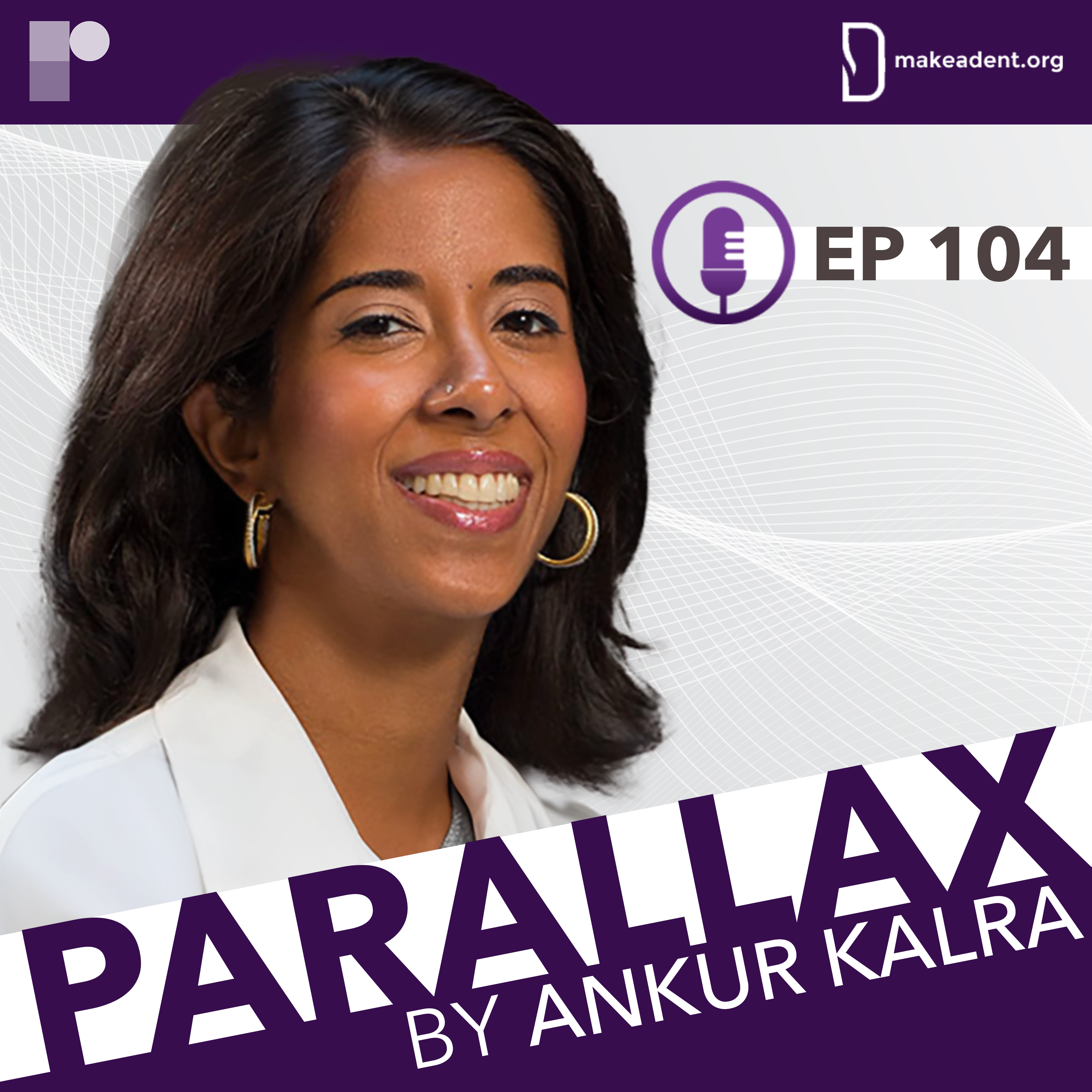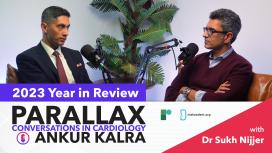
In this thought-provoking episode, Dr Ankur Kalra is joined by Dr Anuradha Lala, assistant professor of medicine at the Zena and Michael A Wiener Cardiovascular Institute and in the Department of Population Health Science and Statistics at Icahn School of Mount Sinai and Mount Sinai Hospital. Dr Lala is also the Deputy Editor of the Journal of Cardiac Failure.
Dr Kalra and Dr Lala delve into the critical topic of disparities in care within the healthcare system from a cardiologist's point of view and explore actionable steps towards a more inclusive and fair healthcare landscape.
Dr Lala advocates for an approach focused on the patient, valuing the unique needs and preferences of each individual as crucial elements in creating a personalised treatment strategy. In this podcast, she provides insight to her study on 'Acute Heart Failure Presentation to the Emergency Department: National Trends by Race and Ethnicity 2007-2019' and how it shows there are differences based on race and ethnicity in terms of wait time and the demographic of patients presenting.
The fundamental principle that healthcare is a basic human right is emphasised, setting the stage for a deeper exploration of the disparities prevalent within the system. Through candid discussions, the episode highlights the differences in healthcare access and quality and examines methods to prevent and mitigate these discrepancies.
Addressing the 'why' behind these disparities is a central theme, exploring the presence of subconscious biases within healthcare. The conversation isn’t just theoretical, Dr Kalra and Dr Lala present real-life scenarios and personal stories, offering a refreshingly honest and open perspective.
Key questions are explored, such as identifying the top places where disparities in care exist and strategies to address these issues.

This series is supported by ZOLL and is intended for Health Care Professionals.




What is the Global Cardiology University project? How does Dr Anavekar encourage trainees to re-examine their role in patient care? What is his advice to our listeners?

As Dr Kalra asks Dr Rao about the ways in which early career faculty members can get involved with the organization at a state level. Dr Rao shares his insider tips and highlights key events where individuals can further their participation.
How can you get involved with your local ACC chapter? How can you improve your leadership skills? What is Dr Rao’s advice for our listeners?

He explains how the complexity of nutrition and the compounds generated by the gut microbiome can impact our health. We learn more about three compounds produced by our gut microbiome that have a strong connection with heart disease.
Through this conversation, Dr Vuyisich invites us to reframe our approach to nutrition and prevention as a question of food education and data-driven science.


This episode features a vascular neurologist and an interventional cardiologist who will discuss the relationship between their two fields of medicine.

In this rich and insightful discussion, Dr Kittleson talks about the origins of famous #kittlesonrules, a collection of tips for doctors shared on Twitter, and her thoughts on mentorship. We learn more about Mastering the Art of Patient Care. Dr Kalra and Dr Kittleson discuss strategies for managing difficult situations in patient care.

What do you need to know about hospital investigations? What is the difference between OPPE and FPPE? How can you get educated on hospital bylaws and processes?







